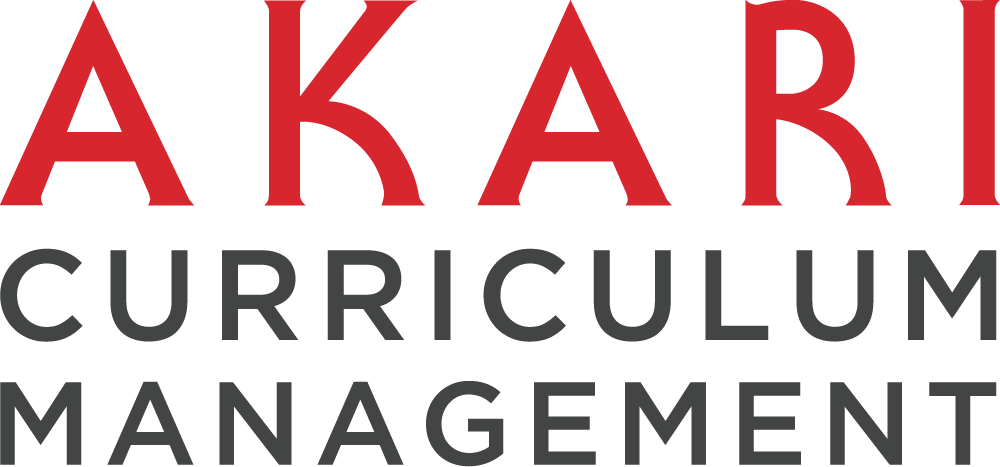Accreditation in higher education is a critical process that assures standards of quality and improvement in educational institutions.
It is a means to evaluate and improve academic programs, operations, and the delivery of education to students.
Adhering to accreditation standards is not merely an exercise in compliance; it is a commitment to excellence and continuous progression.
For academics and higher education staff who strive to maintain the esteemed calibre of their institutions, understanding these standards is paramount.
What Are Accreditation Standards?
Accreditation standards are a set of criteria developed by accrediting bodies to assess the quality and effectiveness of higher education programs and institutions. These standards serve as a framework for evaluating teaching methodologies, curriculum rigour, student learning outcomes, faculty qualifications, and institutional resources, among other areas.
The Role of Accreditation Bodies
Accrediting organizations, recognized by the national education departments or accreditation bodies, are responsible for reviewing and confirming that institutions meet these established criteria.
They promote high education standards and encourage institutions to meet or exceed these expectations through self-evaluation and peer review processes.
The Importance of Meeting Accreditation Standards
Achieving and maintaining accredited status signals to students, employers, and the academic community that an institution adheres to high-quality standards. It demonstrates commitment to delivering a reputable and rigorous educational experience and opens doors to opportunities such as federal financial aid for students.
Key Areas of Accreditation Standards
- Institutional Integrity: Ensuring honesty and transparency in all aspects of governance and administration.
- Mission and Objectives: Clearly stated goals and objectives aligned with the institution’s purpose and resources.
- Teaching and Learning Quality: Maintaining curriculum excellence through regular assessments and enhancement.
- Student Support: Providing resources and services that facilitate academic success and holistic development.
- Faculty Qualifications: Attracting and retaining faculty whose expertise and experience foster a superior learning environment.
Navigating the Accreditation Process
To successfully meet accreditation standards, institutions engage in comprehensive self-studies to analyze their compliance with these criteria and identify areas for improvement. Subsequently, a peer-review team typically conducts an on-site evaluation to validate the self-study findings. Following this assessment, the accrediting body bestows accreditation status indicating that the institution has met the benchmarks of educational quality.
